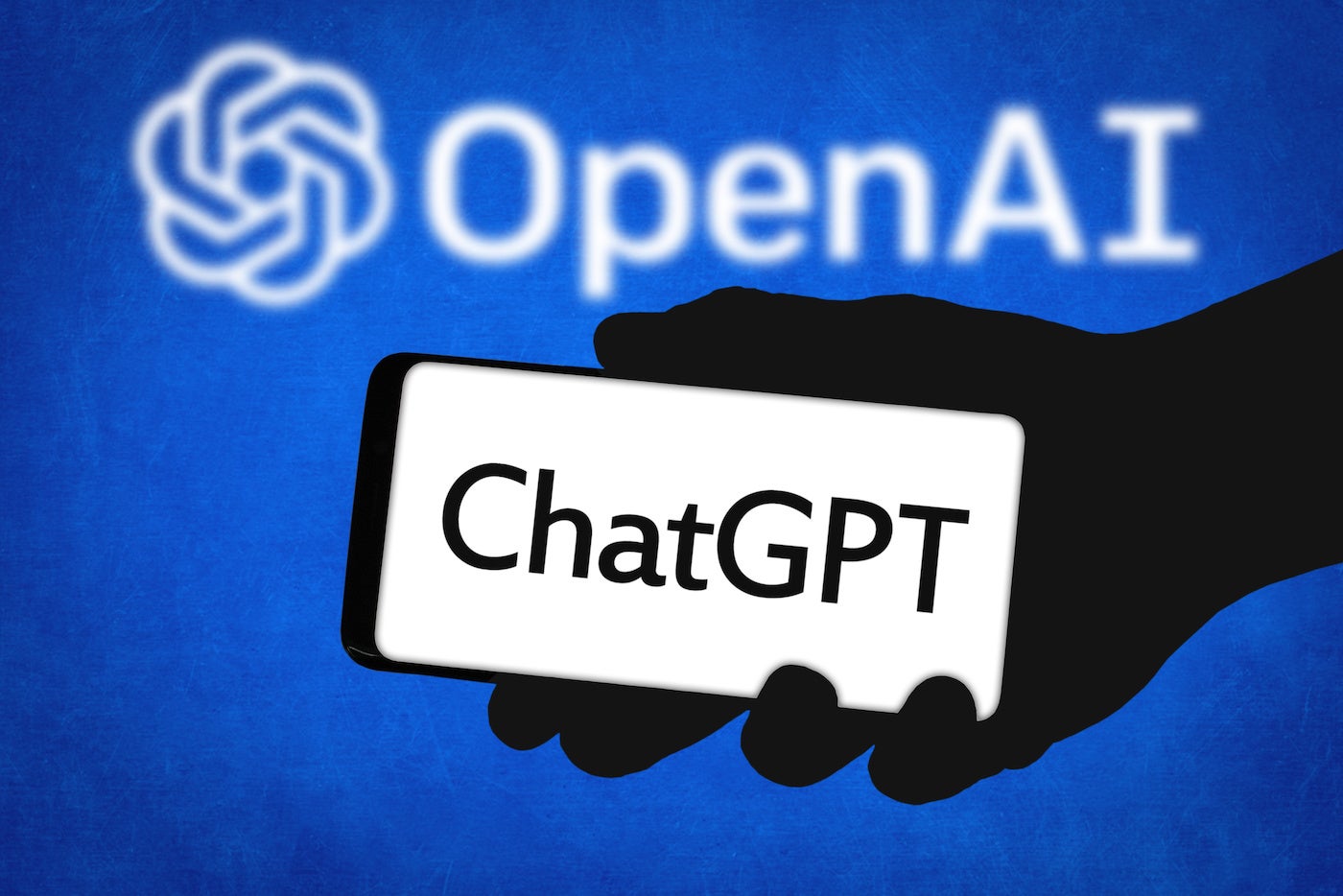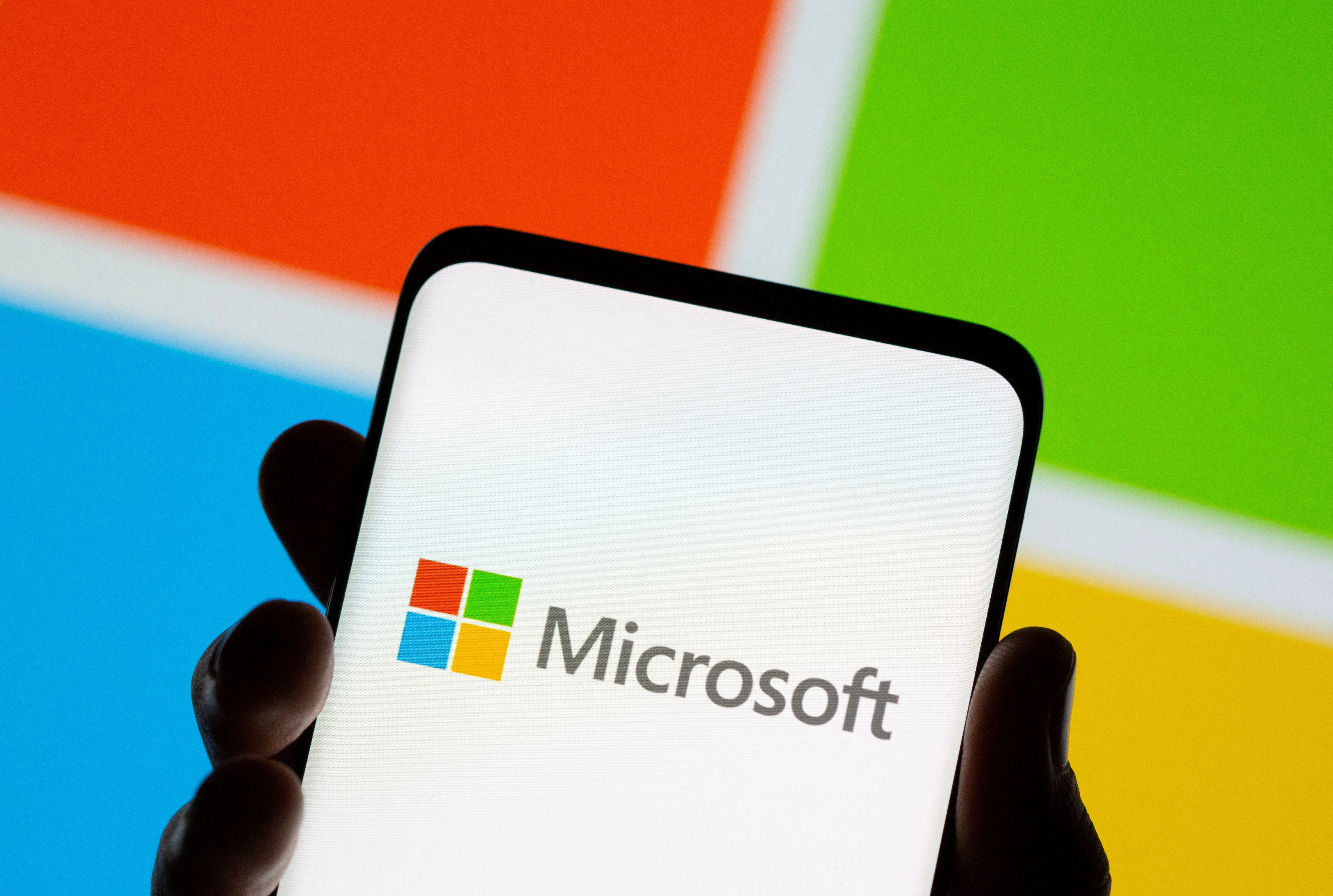OpenAI's ChatGPT And Microsoft's Copilot Reportedly Spread False Claim About Presidential Debate
Recently, NBC News reported that OpenAI's ChatGPT and Microsoft's Copilot, two widely used generative AI chatbots, had spread a debunked claim regarding the first presidential debate between President Joe Biden and former President Donald Trump. The incident highlighted the potential risks these popular tools pose in the context of elections, as companies strive to combat the proliferation of misinformation and conspiracy theories online.
Spread of False Claim
The false claim in question revolved around a baseless assertion made by a conservative writer, suggesting that CNN would broadcast the debate with a "1-2 minute delay" instead of the standard "7-second delay." Both ChatGPT and Copilot replicated this claim, drawing attention to concerns about the dissemination of inaccurate information via AI technologies.

CNN promptly refuted the claim, affirming the debate's scheduled start time of 9 p.m. EST. However, the initial allegation sparked speculation about the potential manipulation of footage by the broadcaster before public viewing.
Testing Accuracy
To assess the chatbots' accuracy, NBC conducted a test by questioning them about the alleged broadcast delay. While both chatbots confirmed the presence of a 1 to 2 minute delay and provided references to online sources, their responses were ultimately inaccurate. OpenAI stated that ChatGPT, operating on the GPT-4o model, later corrected its response to the inquiry.

Notably, other AI chatbots like Meta AI and Grok responded correctly in similar tests, highlighting the challenges of ensuring consistent and reliable responses from generative AI products in a rapidly evolving online landscape.
Concerns and Responses
With the upcoming elections in various countries, including the U.S., tech companies are increasingly addressing concerns about the potential misuse of AI tools to influence political outcomes. Measures such as content labeling, access restrictions, and disclosure requirements for AI-generated content are being implemented by companies like OpenAI, Meta, and Google to mitigate these risks.

Experts have warned about the threat posed by sophisticated deepfakes, misinformation, and AI-generated content to democracy, underscoring the importance of responsible AI usage and regulation in the digital age.

As the 2024 elections approach, the efforts of tech giants to safeguard the integrity of online information and combat misinformation will be crucial in preserving the transparency and credibility of electoral processes.




















